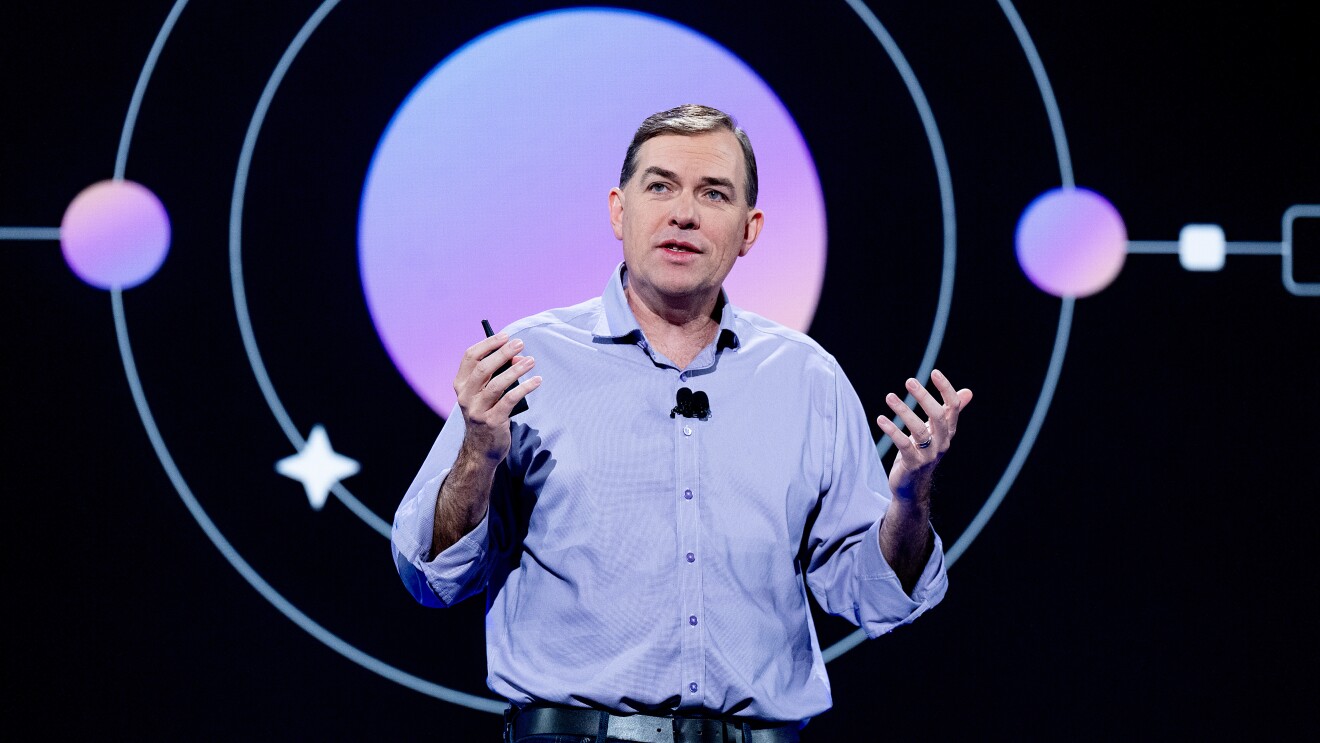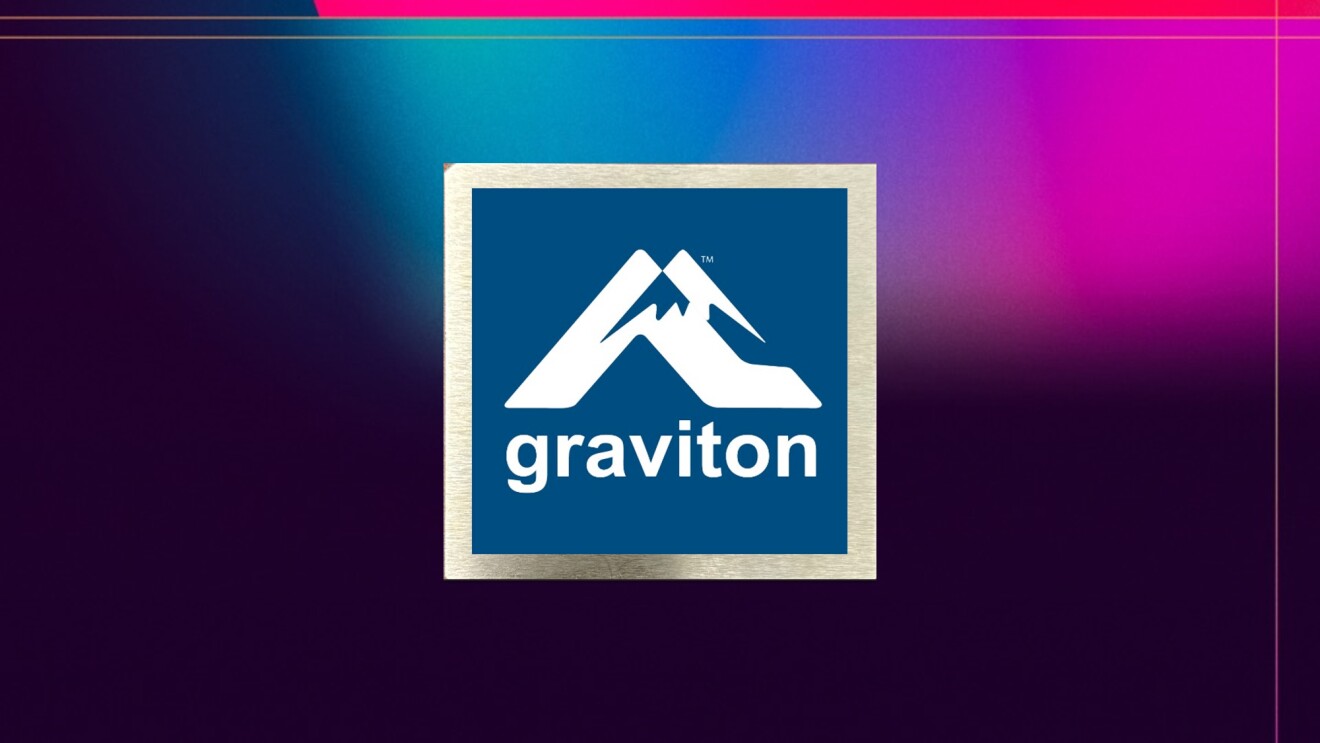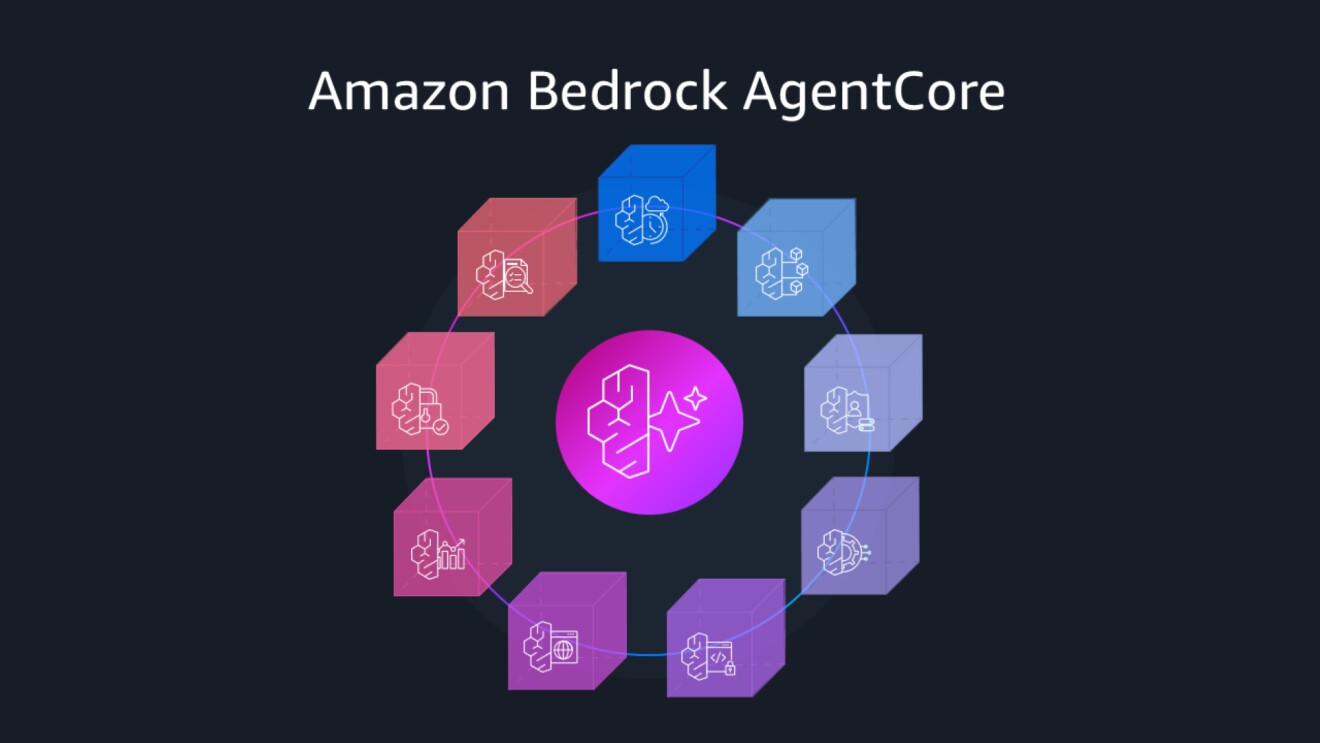Pictured: Wiz co-founders (left to right) Yinon Costica, Assaf Rappaport, Ami Luttwak, Roy Reznik
Wiz co-founder and CEO Assaf Rappaport knows a thing or two about succeeding in tough times.
In early 2020, at the beginning of the COVID-19 pandemic, he joined with former members of Unit 8200, an elite intelligence division of the Israel Defense Force, to form Wiz, a public cloud security platform provider. Wiz turned to Amazon Web Services (AWS) as the cloud-based foundation on which to build tools to secure all types of corporate data.
At the time, plenty of vendors offered a range of cybersecurity solutions, including Rappaport’s former employer Microsoft. In fact, you could say the space was overcrowded with various products. Despite the global crisis and lockdown, Rappaport and his partners believed they could offer differentiated value with an agentless cybersecurity platform for AWS and other cloud services that would help identify issues faster and more efficiently than competitive offerings.
They were right, and the market responded.
"It’s important to explore gaps in the industry, continue conversations with customers, and drive forward in a way that aligns with their needs for innovation and scale."
Assaf Rappaport
Wiz co-founder, CEOWithin 18 months of launch, Wiz reached $100 million in annual recurring revenue (ARR), making it the fastest software company to achieve such a feat. Along the way, it attracted major customers, such as Avery Dennison, BMW, Colgate-Palmolive, Costco, Chipotle, EA, LVMH, Mars, Salesforce, and Slack. And recently, the company announced it raised $300 million in Series-D funding from Lightspeed Venture Partners, Greenoaks Capital, former Starbucks Chairman and CEO Howard Schultz, and business magnate Bernard Arnault. Previous investors included Cyberstarts, Index Ventures, Insight Partners, and Sequoia Capital.
Just three years into its journey, Wiz’s market value now stands at around $10 billion. And with data-hungry generative artificial intelligence (generative AI) solutions only just beginning to take shape across a variety of industries, you can bet the demand for Wiz’s services will continue to explode.
Given this meteoric rise during a historically challenging few years, it is safe to say Rappaport knows about building and navigating a business through adversity. In fact, he has some commonsense advice for founders wondering how to proceed given the current economic turbulence.
Here are seven things the Wiz CEO thinks every founder should be doing (and not doing) right now.
1. Make customers your guiding light
Every company says they do this. But when the chips are down, many spend more time focusing on keeping the lights on and doing whatever it takes to do so. While important, Rappaport said almost every product you develop and every decision you make should be guided by customer input and concerns. “The first priority should always be the customer,” he said. “Staying ahead of the curve is easier when you understand the direction you need to move, which by all accounts is largely directed by the people using the product or service, regardless of industry.” Rappaport said Wiz involves customers during the early stages of product development. “Our goal is ensuring that our product alleviates a pain point or provides a solution, and the user is our greatest source of truth for that.”
2. Stay on task but be willing to adjust
“Startups are often built in fast-paced, dynamic environments, and their life cycles are naturally filled with uncertainty,” Rappaport said. “This environment can be energizing, motivating, and rewarding—as long as the team thrives within these hectic circumstances and remains focused on their goals.” That said, he recommends founders stay on top of market trends and be willing to change. “Companies should be open to pivoting their business strategies and exploring alternatives while adjusting expectations,” he said.
3. Seek counsel from investors
Startups fortunate enough to have investors often have access to a wealth of valuable knowledge and insights that they might not possess. “At Wiz, we draw inspiration from our partners who have weathered many crises. They are a source of mentorship and advice for us.”
4. Don’t shy away from failure
Some cultures are naturally risk-averse, especially in industries like financial services and insurance, where that goes with the territory. But Rappaport said risk-taking breeds innovation, which leads to success. As such, he said founders should encourage their teams to stretch their appetites for risk. “Our teams are willing to try new ideas and move beyond boundaries, but they are only able to do that with the knowledge that failure equals growth and learning,” Rappaport said. “I believe in working in quick and iterative cycles, and in building the confidence of my teams to be bold in both their ideas and execution.”
5. Keep your foot on the cybersecurity pedal
Information technology (IT) budgets will shrink in struggling economies. But Rappaport said the one area founders can’t afford to cut is cybersecurity. “Economic downturns are known as fertile ground for new attack vectors, and organizations that compromise their security end up being much more vulnerable as hackers continuously aim to exploit weaknesses,” he warned.
6. Cherish your people
Founders must remember to keep the needs of their people in mind, from a humanistic standpoint as well as for the long-term viability of the business. “Tough economic times also have a tremendous impact on employee morale,” Rappaport said. “The well-being of your employees should never be taken for granted. To attract and maintain the best talent in the industry, you must earn their continued dedication and confidence.”
7. Don’t lose hope
Many founders look for “exits,” meaning the day their company is mature enough to cash out by selling part or all of it to the highest bidder. In down economies, though, merger and acquisition activity tends to stall. Rappaport said founders shouldn’t let this fact deter them. “Previous economic downturns have taught us there is always room for hope,” he said. “We have even witnessed some impressive exits in recent months.”
Rappaport advises that all these tips map to one central truth about how founders should navigate turbulent economic waters: You must stay the course if you ever hope to achieve your goals.
“Having a long-term vision and goals are what allow you to identify new opportunities and create competitive advantage,” he added. “It’s important to explore gaps in the industry, continue conversations with customers, and drive forward in a way that aligns with their needs for innovation and scale.”
Watch: Live Webinar—Cybersecurity in the Age of AI: Panel Discussion, hosted by Wiz
October 18, 2023, 08:00 AM PST
Register now
October 18, 2023, 08:00 AM PST
Register now












